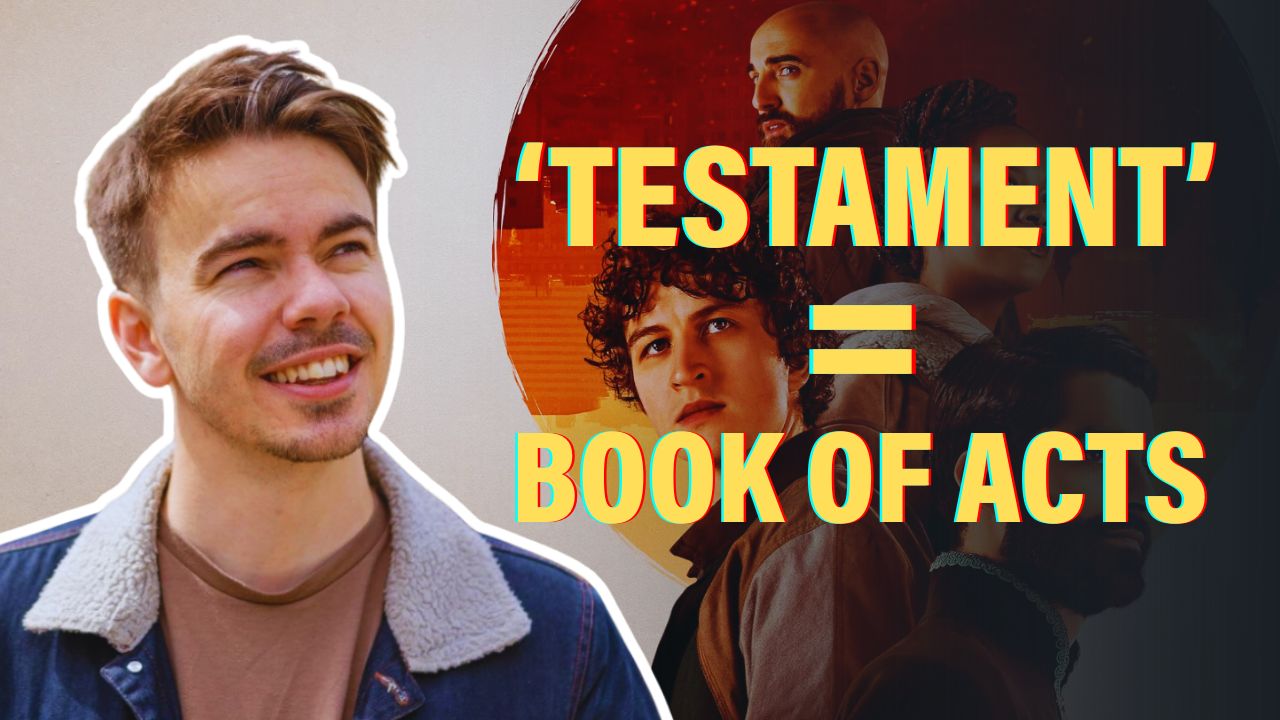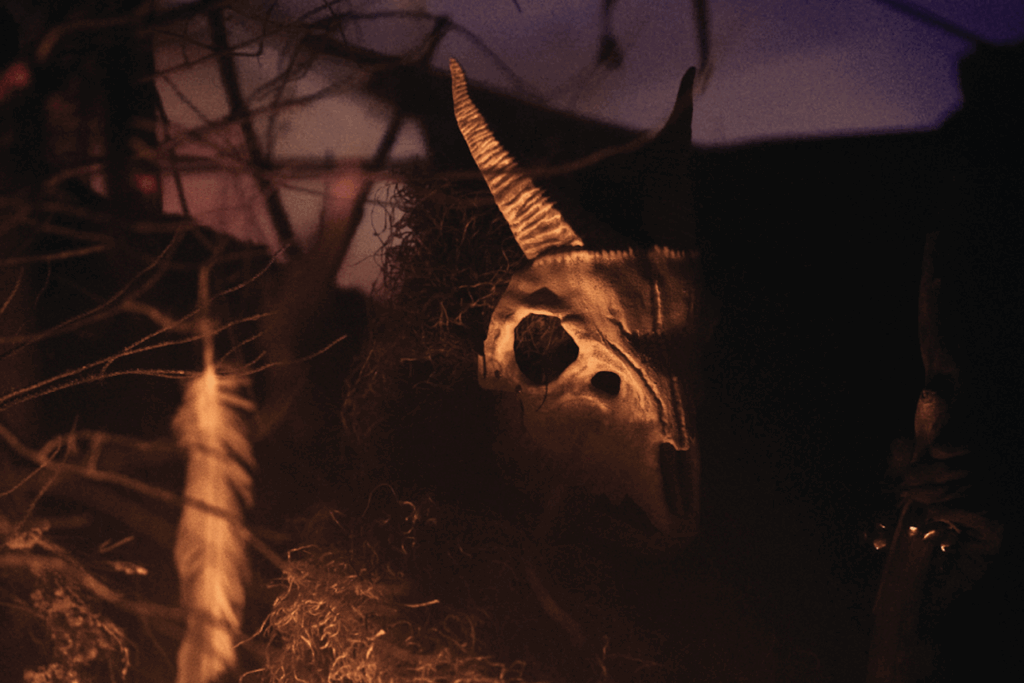On Friday, Showrunner announced that it has designed a new generative AI model that is meant to help recreate lost footage from The Magnificent Ambersons, Welles’ 1942 adaptation of Booth Tarkington’s 1918 novel about a family whose vast fortune is being decimated by tech-driven industrialization. Though Welles initially crafted a version of the film whose runtime clocked in at 131 minutes, RKO — one of the project’s production companies — cut it down to 88 minutes without the director’s input after he lost control of the editing process.
But Showrunner believes that, by using generative AI, it can bring back the lost footage and give people a chance to see The Magnificent Ambersons as Welles originally intended. In a statement to The Hollywood Reporter about the new project, Showrunner co-founder Edward Saatchi admitted that while generative AI as it currently exists “can’t sustain a story beyond one short episode,” he is confident that “the technology is getting closer to prompting entire films with AI.”
While Welles wrote detailed notes about how he wanted The Magnificent Amersons to be cut, RKO did not follow them and the studio ultimately destroyed the negatives correlating to the film’s lost footage for storage reasons. Showrunner intends to work around those hurdles with a mix of AI-generated approximations of what Welles might have shot and sequences featuring live actors whose faces are manipulated with gen AI to look like members of the original film’s cast. According to IndieWire, Showrunner’s FILM-1 model will be used to generate keyframes for the missing footage, and set photos will be used to create the “spatial setting.”
To help realize the project, Showrunner has brought on Tom Clive, an AI VFX artist who specializes in face-swapping and previously worked on Alien: Romulus and Here while at Metaphysic Showrunner is also working with filmmaker Brian Rose, who previously attempted his own Ambersons restoration with hand drawn animation based on the 1942 film’s shooting script and archival photographs from the original production.
Speaking to NPR in 2023, Rose said that populating his recreated scenes with characters was one of the endeavor’s more challenging aspects. Rose also noted that, because Warner Bros. Discovery holds the intellectual property rights to Welles’ The Magnificent Amberson’s, there was some uncertainty about whether he could legally release the project, and “the thought was to beg forgiveness later.”
Showrunner is no stranger to going the “just do it and worry about the consequences later” route. The startup previously made headlines for releasing unauthorized episodes of South Park that were created with its in-house generative AI models. The company seems to be trying to get ahead of any legal trouble by choosing not to monetize its Ambersons project.
Saatchi told THR that the goal here isn’t to make money off of the lost minutes of footage, but rather to “see them exist in the world after 80 years of people asking ‘might this have been the best film ever made in its original form.’” He also said that Showrunner will gladly give its creation to the IP holders if they “see a marketplace for it and a path for it outside of an academic context.”

















